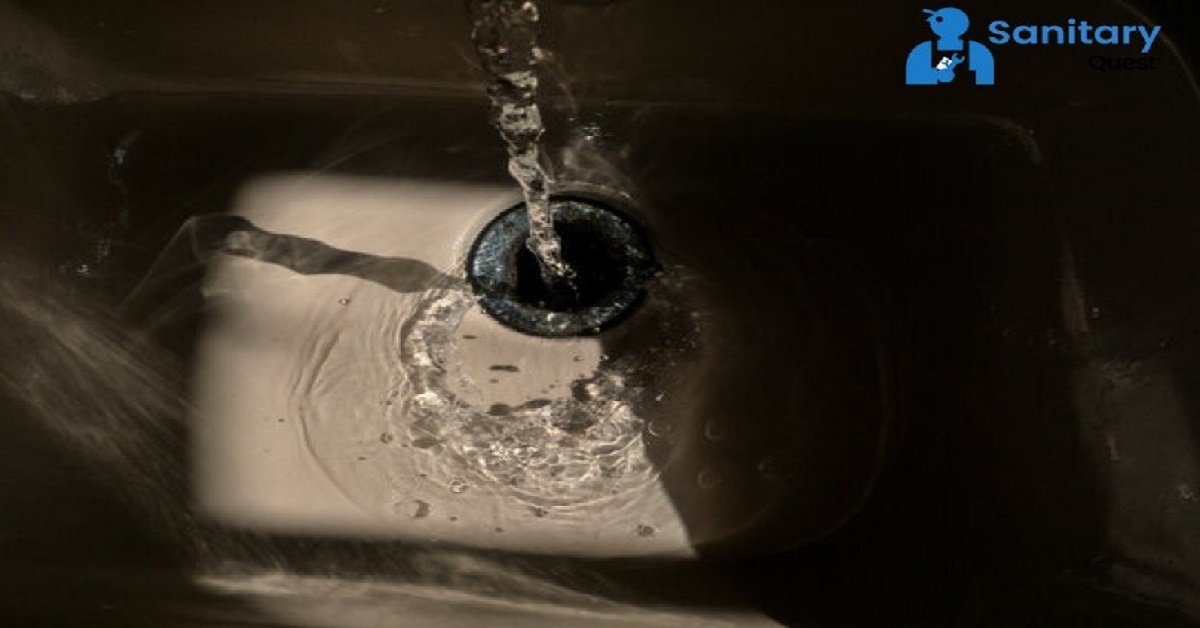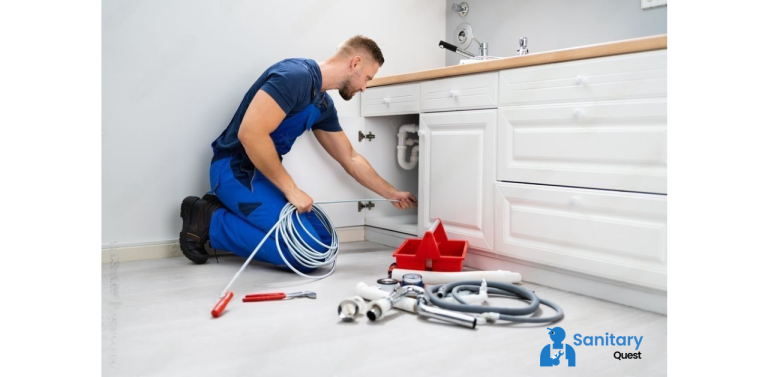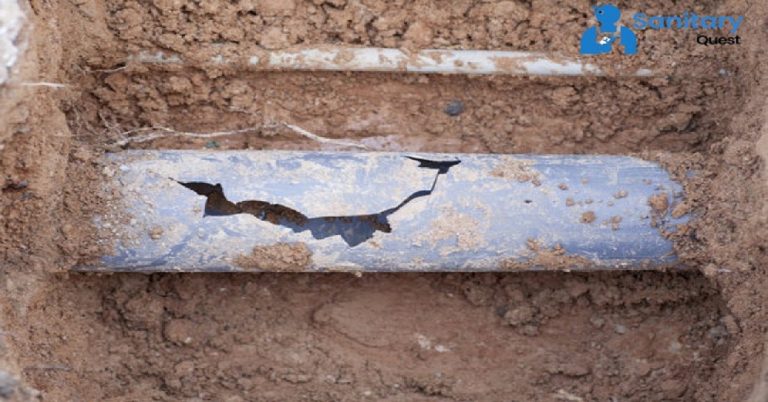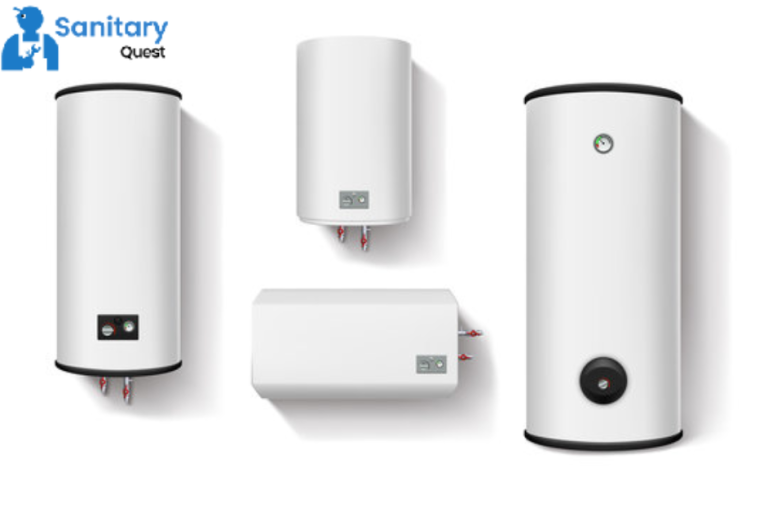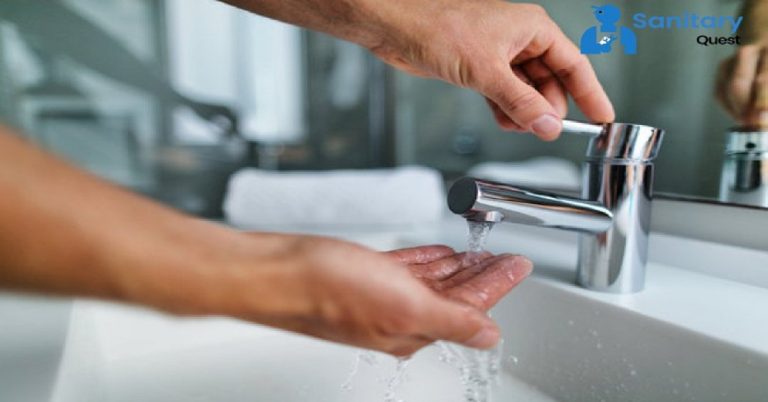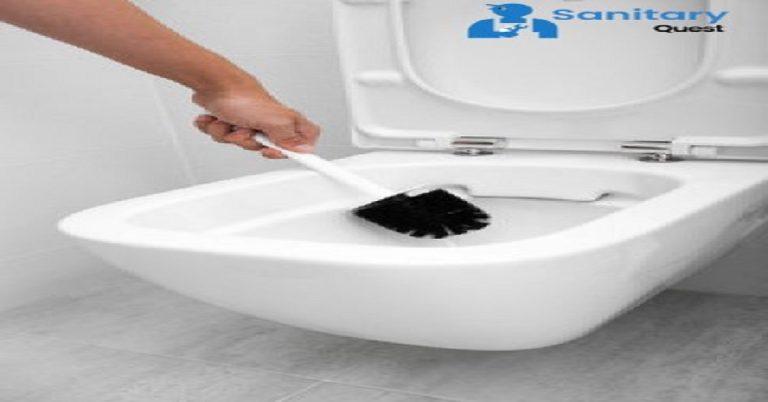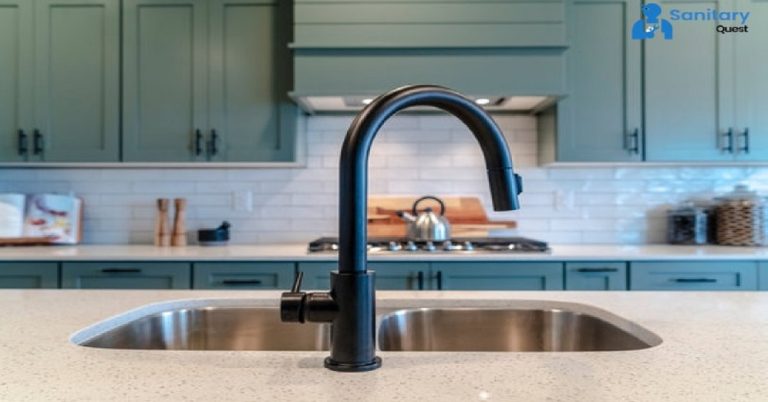Gurgling Sink? Follow These 3 Steps to Silence a Noisy Drain
It is no longer shocking to discover that your home is “talking” back to you because the use of smart speakers and other device assistants is becoming increasingly common. There should not be a cause for your gurgling sinks to be making unusual noises; nonetheless, unless you have some technology that we are not aware of, there should not be a reason for this.
If you hear gurgling coming from a sink drain, you need to determine which gurgling sink (or sinks) is making the noise, clear any obstructions from the drain pipe or venting, and call a plumber if you are unable to remedy the problem on your own.
Step 1: Identify which are Gurgling Sink
If you’ve already heard the gurgling sound, this may seem like an obvious step, but it’s critical to do a thorough investigation of the problem before drawing any hasty assumptions about how to cure it. First things first, take note of the kind of sink you have, since this may provide some insight into the problem with the drain. For instance, sinks in the kitchen are more likely to become blocked with oils and food scraps, whereas sinks in bathrooms are more likely to become clogged with hair.
In addition to this, check to see if any additional sinks or drains are producing the same type of noise. If the gurgling sound can be heard throughout your entire home, it may indicate that there is an issue with the sewer system.
Step 2: Investigate and clear common blockages
The majority of the time, gurgling sinks are the result of a clog or obstruction located somewhere in the plumbing system. Here are two relatively uncomplicated locations to check.
- P-trap: The P-trap refers to the curved section of the drain pipe that is normally located under the sink. Because of the way the trap is shaped, a small amount of water is collected, which stops sewage gases from entering the property. However, it is also the most likely location for a clog to develop in the system. If there is even a small amount of debris in the P-trap, the water flow will be obstructed, which may result in a gurgling sound. You may need to remove the P-trap to simply remove any obstruction, or you may need to run a plumber’s snake through the sink drain.
- A vent is required for your plumbing system, and it is typically located on the top of the house. Because of this occurrence, airflow is created within the drain line, which prevents a vacuum from forming. This makes it more difficult for gravity to move waste through the drain pipe and down into the sewage system. When the vent is obstructed (often by leaves or bird nests), air can become trapped in the pipe, causing a gurgling sound to be produced whenever water is allowed to move through the drain. If you can securely access the roof, locate the plumbing vent and clear out any obstructions you uncover.
Step 3: When in doubt, call a plumber
If you’re lucky, you’ll be able to solve the issue on your own because a gurgling sink is typically an indication of a relatively small plumbing problem. If, on the other hand, you are unable to determine what is causing the issue or if you are unable to make the sink stop making noise, it may be time to call in a professional plumber. Gurgling sounds could be the result of a more serious and covert problem, such as a clog in the sewage pipe, as we discussed previously. This is a distinct possibility. Additionally, if you use an excessive amount of effort while trying to unclog a drain, you run the risk of causing damage to older pipes, which will make the problem even more severe.
FAQs
Q1: How can you repair a gurgling sink drain?
Repairing a gurgling sink drain involves addressing the underlying issue causing the gurgling sound. Often, it’s due to a blockage or obstruction in the drainpipe. Using a plunger to dislodge the blockage or a drain snake to clear the pipe can help. If the gurgling persists, there might be a venting problem in the plumbing system.
Q2: How do you reduce a noisy drain?
To decrease the noise from a drain, consider a few potential solutions. Look for pipes that wiggle or aren’t put in right; they might make noise by shaking or vibrating. Securing these pipes using clips or braces can minimize the noise. Additionally, installing an anti-vibration pad or foam around the pipes can absorb some of the sound, reducing the overall noise from the drain.
Q3: How do you address a noisy drain?
To handle a noisy drain, start by checking for any loose or incorrectly fitted pipes. Securing these pipes properly can help reduce rattling or vibrating sounds. You might also consider using foam or anti-vibration pads around the pipes to absorb some of the noise. If the noise keeps on or if it’s a bigger problem, asking a plumber for help might be a good idea to check and fix it.
Q4: What causes the bubbling sound from my drain?
The bubbling sound from your drain can often be due to air getting trapped in the pipes. It might happen when there’s a blockage or buildup in the drain, causing air to get caught as water flows through. This trapped air then creates bubbles as the water moves, leading to the distinctive bubbling noise.

